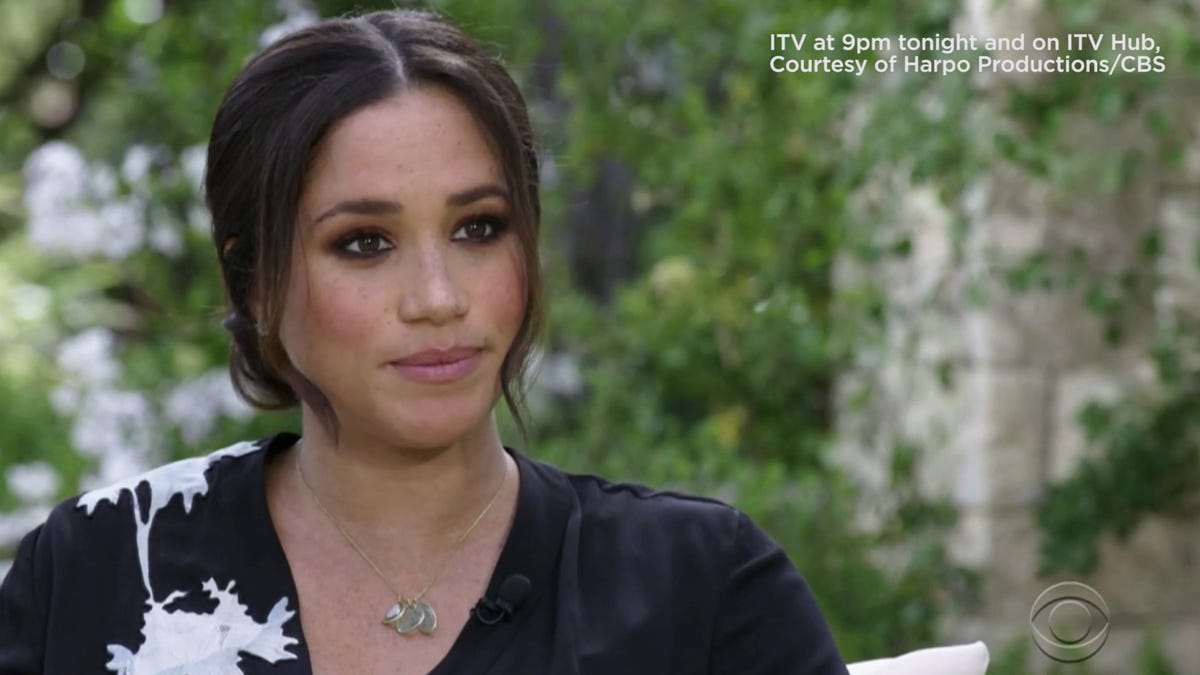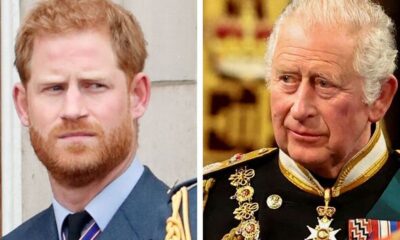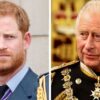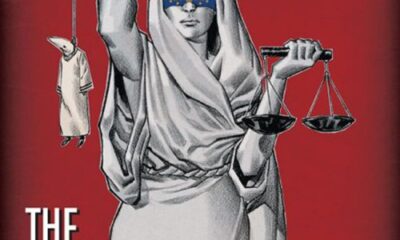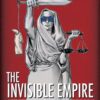The News
Shocking Revelations: BBC Reporter Breaks Silence on Archie’s Birth
In a candid revelation, veteran journalist Nicholas Wichel has taken a bold step in sharing his unfiltered thoughts regarding the birth of Archie Harrison Mountbatten-Windsor.
After spending 25 years as a BBC reporter, Wichel has decided to shed the constraints of his role and speak out about his experiences covering the British royal family.
His recent comments have stirred up quite a buzz, especially for those who follow royal news closely.
Wichel, who has long been a fixture at the BBC, particularly during their Christmas Day broadcasts, recently stepped away from his microphone.
With a wealth of experience behind him, he is now ready to express his genuine opinions without the usual restrictions.
This shift has led him to reflect on a particularly challenging moment during a live broadcast when he struggled to articulate his thoughts upon the announcement of Archie's birth.
During that fateful broadcast, Wichel experienced an unusual lapse in his reporting—a situation he described as one of the most difficult moments in his career.
He attributed this struggle to the complex dynamics surrounding Harry and Meghan, the Duke and Duchess of Sussex.
In an article for the Sunday Times, he revealed that he felt a lack of enthusiasm for delivering positive commentary about the couple, a sentiment many might resonate with given their controversial public image.
Wichel candidly admitted that fatigue and complacency played a role in his on-air mishap.
He acknowledged that live television demands constant alertness, and any slip can lead to unexpected outcomes.
Yet, there's an underlying suggestion that the drama surrounding Harry and Meghan made it challenging to muster any heartfelt positivity during that momentous occasion.
The birth of Archie was anything but traditional, deviating significantly from royal norms.
Wichel described the situation as a “complete hash,” indicating that even the palace was not fully informed of the details.
This lack of communication has only fueled speculation and rumors, particularly surrounding the circumstances of Archie's arrival.
One of the more intriguing claims made by Wichel involves a controversial birth announcement that appeared briefly on the palace's website.
He suggested that the announcement hinted at Archie being a surrogate child, a detail that was quickly retracted.
This incident raises questions about what journalists and royal commentators might have known but were unable to disclose at the time.
Wichel also touched upon the challenges faced by the Queen in managing the evolving dynamics brought forth by Harry and Meghan.
He expressed concern that the palace did not do enough to help Meghan adapt to the traditions of the British royal family.
This critique extends to the immediate concessions made to her, such as granting a title and offering patronages right away, which Wichel believes may have set a troubling precedent.
The implications of these decisions are becoming increasingly apparent, as Wichel argues that allowing Harry to dictate terms has led to significant fallout.
The current state of affairs within the royal family reflects the consequences of these choices, and many observers are left questioning the path that has been taken.
As Wichel opens up about his experiences, it provokes a broader discussion about the relationship between the media and the royal family.


